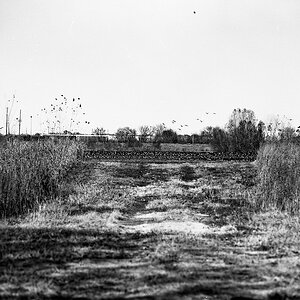- Joined
- Mar 8, 2011
- Messages
- 25,157
- Reaction score
- 9,010
- Location
- Iowa
- Website
- pixels.com
- Can others edit my Photos
- Photos NOT OK to edit
..........
@480sparky, you are correct in soem regards to your statement. I am saying " "I have a problem with my gear. I won't tell you what the problem is". However, I am not saying "but I want everyone to discuss it."........
Sorry.
....... Advice and discussion welcomed........
I guess the word 'discussion' threw me off. Pardon me whilst I dig out my dictionary.


![[No title]](/data/xfmg/thumbnail/41/41490-6af71315284539e04ae1878cda0d613f.jpg?1619739818)

![[No title]](/data/xfmg/thumbnail/41/41492-467958db3420bceb7ab410a12dcc681f.jpg?1619739819)






